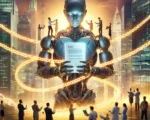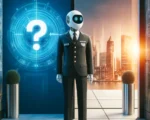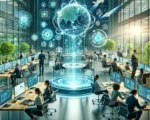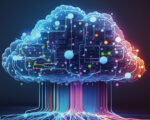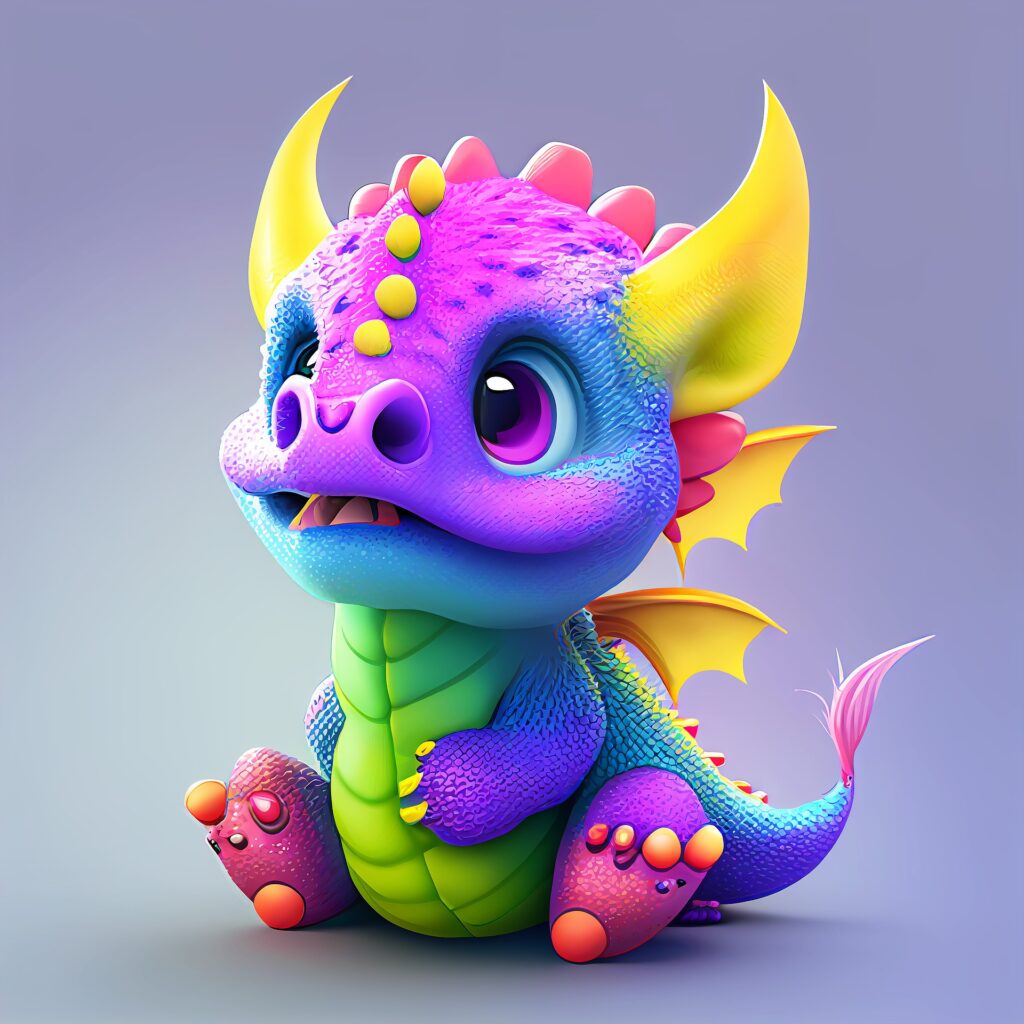
The turn of the year has seen endless headlines on the profound change that ChatGPT – an easy to use and powerful artificial intelligence (AI) – is set to bring to everything from the way people learn to how lawyers litigate in court.
Already, university professors have had to contend with students using the AI tool, which spits out answers it has learnt from the vast trove of information online, to churn out ready-made essays in just minutes.
That’s not to mention that the AI itself, when asked to sit for a Master of Business Administration exam, recently passed it. It got a grade that should be somewhere between a B- and B, according to a Wharton School professor – and the AI can still learn.
Even lawyers, who are usually immune to the kind of digital disruption that faces workers in other sectors, might have to contend with increasingly intelligent AI. A startup in the United States, called DoNotPay, is using AI to teach defendants how to fight a speeding case in court.
No, it’s not using ChatGPT and no, the AI isn’t litigating in court (yet), but what’s to stop it from learning from the vast troves of cases in the past? Say, to point out to judges a clause that might be favourable to a client?
The amazing thing is, after all this handwringing about AI, what everyone is witnessing is just the tip of the iceberg in terms of what ChatGPT and other evolving AIs can do in future. Remember that ChatGPT was only launched by OpenAI, a US-based company, on November 30, 2022.
Such increasingly sophisticated AI, which learns in both a supervised and unsupervised manner, will become even smarter. It will truly bring the revolutionary changes promised when it can get up to scale in the months ahead.
And that’s what Microsoft did just a couple of weeks ago, when it allowed businesses to easily make use of AI models made by OpenAI, including ChatGPT.
A close partner of OpenAI, Microsoft will offer this as part of its Azure OpenAI service to cloud customers, which means those customers can use the AI to develop all manner of stuff from improving search results on online stores to summarising and analysing documents, reported The Verge.
Right now, the free version of ChatGPT that everyone has tested is run by the OpenAI folks, who are paying for the resources needed to keep it running. Microsoft’s partnership means more businesses can get in and develop new apps that possibly nobody has thought of yet.
In a way, such smart AIs could bring numerous problems. Think of the AI legal assistant, for example. Could a nasty law firm weaponise and start sending thousands of automatically generated letters to sue or threaten to sue people? Actually, we already know the answer.
The way professors grade students might have to change. Some are even resorting to making students submit their scripts in handwritten form, but how long before an AI learns to write in a handwritten form?
Already, a race to nullify the harmful effects that an AI can bring is underway. Perhaps what AI can create, another AI can detect and rectify?
For example, a student in the US has built an app that promises to sniff out AI-written essays in universities. According to the BBC, the app successfully guessed the difference between the texts with a less-than-2-per-cent false positive rate.
What is undeniable is that AI will reshape the way value is created and perceived. Knowledge, often measured today in how one presents it in the form of an essay or report, may be re-evaluated in other forms, say, in quantifiable output.
But one’s real value in an economy – that intrinsic worth of one’s experience and skills – may be harder to ascertain.
Why, for example, do people still drink coffee from a barista when a Nespresso or a robot can make an espresso today? Why are some lawyers, PR practitioners and consultants still able to charge high hourly rates?
AI can dramatically widen the horizon, say, in art and music by creating haunting visions and sounds that humans might not have. Yet, a lot of that still draws inspiration (or even steals) from creative human output that it has learnt from by trawling the Net.
Many parallels have been drawn between AI and the Industrial Revolution. When factory workers started assembling things in mass production in the 19th century, they took away the power of the guilds and their craftsmen.
Similarly, today’s disruption will destroy many barriers, though at the end of the day, there will always be people who are able to adapt and find new niches where their skills and experience are valuable.
Take it from someone whose industry has already seen unprecedented upheaval in the past 20 years. Just like the guilds of old, newspapers no longer are the gatekeepers and masters of their sector. No printing press, no problem today.
When information is free, insight and analysis become a must for any news publication. Those that survive and thrive, like Financial Times, The Guardian and The New York Times, earn their credibility with solid work on an online platform everyone else has access to.
Soon, everyone will be able to create new value with AI, as it becomes widely available. Apps will be written with code partly generated by AI. How we perceive the world is already shaped by AI (and some humans, see Donald Trump and social media).
Even those who argue against “black box” AI, where you can’t explain how an AI comes up with a result, are losing the battle as it becomes increasingly hard to unravel a complex algorithm.
Whether you like it, 2023 looks to be a watershed year. AI will not only tickle the fancies of futurists but expand in scale and sophistication in many everyday tasks, some new and some old.
Disruption is here and there’s no turning back. To end on a positive note, hopefully there’s an upgrade to that lousy chatbot your bank has used to keep you from occupying their precious human labourers.



